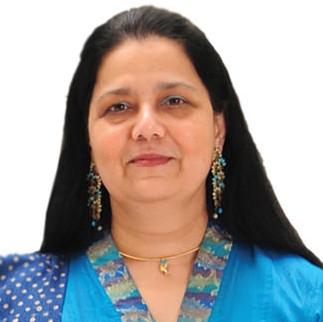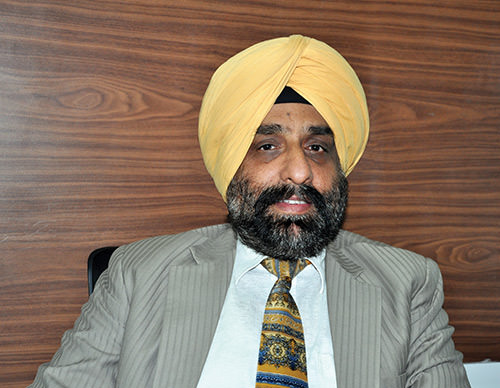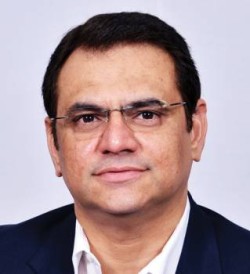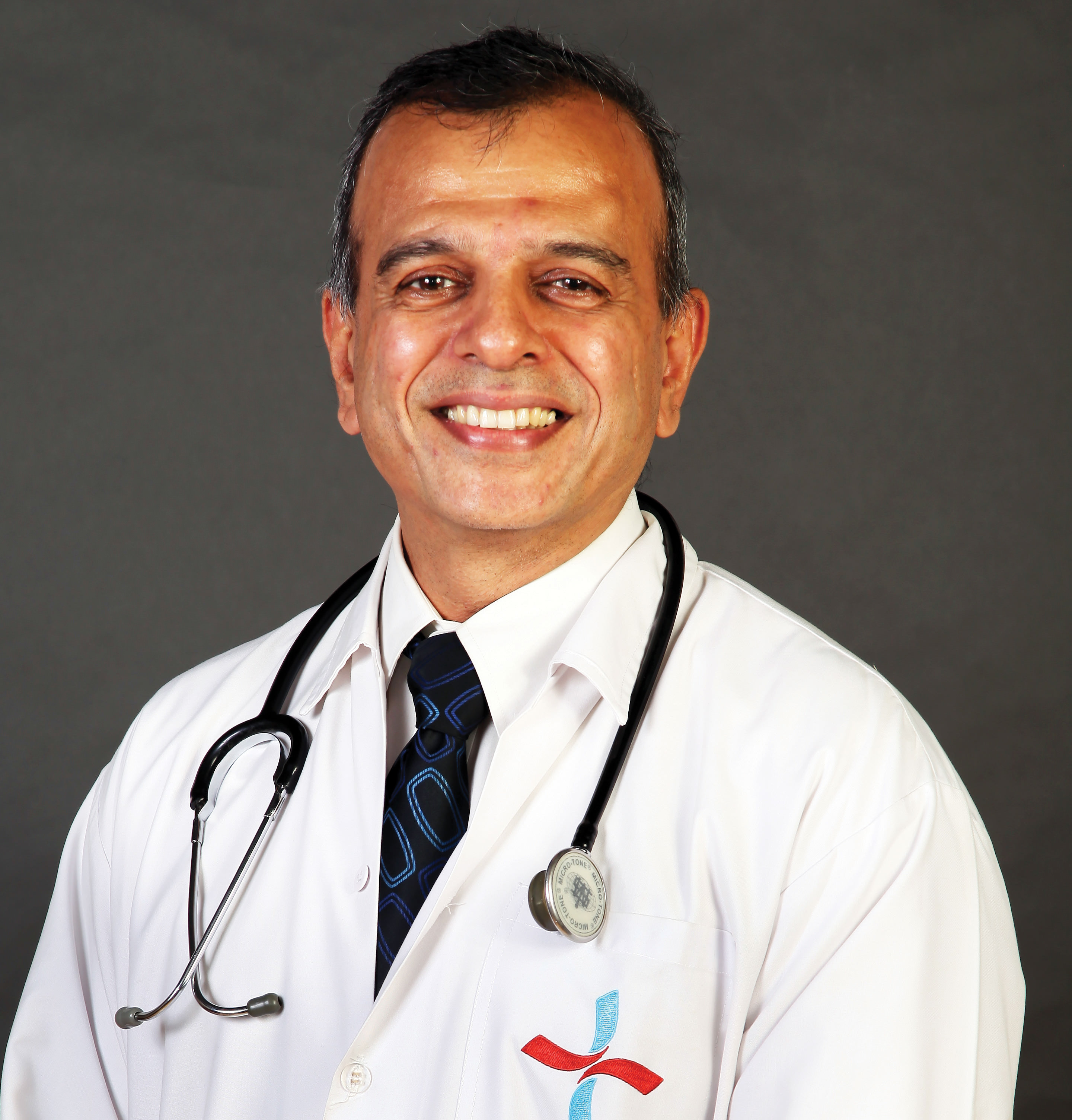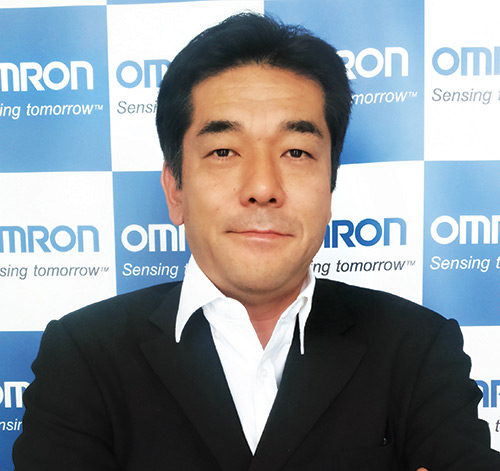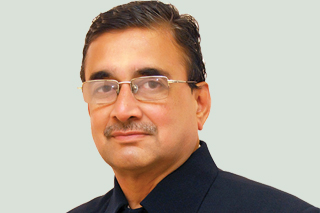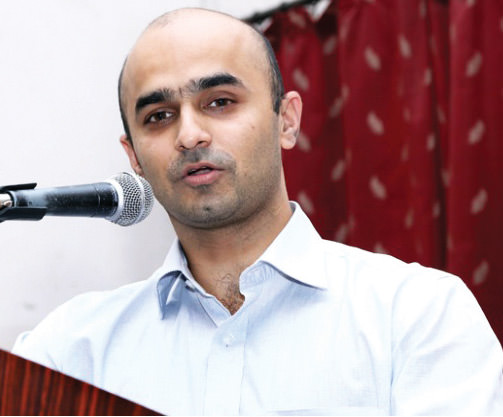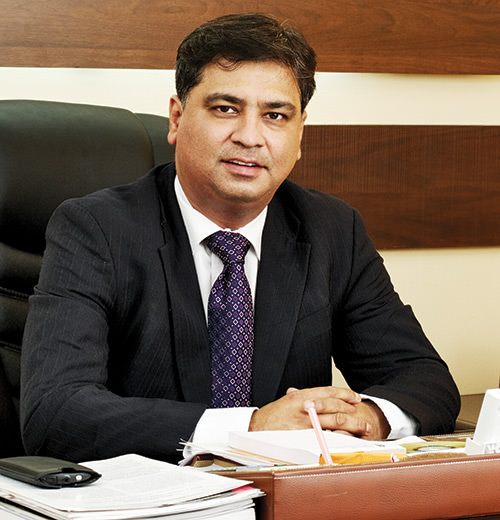
Dr Shailesh Puntambekar, MD, Galaxy Care Laparoscopic Institute, in conversation with Nikita Narvekar, ENN, talks about his recent initiatives, future plans for the hospital and shares his pearls of wisdom for the new government
Please tell us something about Galaxy Care Laparoscopic Institute.

Galaxy Care Group of Hospitals was started by ten professionals in 2005. This was started with an idea of doing all types of minimal access cancer surgeries together. In 2005, we were about ten specialists and we started doing almost all cancer surgeries. We were the first ones in the country to treat cancer through keyhole surgeries. In 2009, we realised that it is important to have a corporate name and also business cannot be run single handedly. So, in 2009, we joined the KL Group of Hospitals, and that was the time when we acquired our robot. We were the first ones in the country to have robotic cancer surgeries. Initially, at All India Institute of Medical Sciences, robotic surgeries were done only for prostate cancer. However, we have been using this technique for all types of cancers. Galaxy Care is now known for doing all kinds of organ removal. So, this is considered as a centre of excellence for minimal access and robotic surgeries.
What is the next exciting phase for the hospital in 2014-2015?
The next exciting phase is that we are expanding. Right now, we are a 56-bed hospital but we still do 150 surgeries a month. The turnover rate is very high because our average hospitalisation is less than 24 hours.We are now expanding to become a 120-bed hospital and the expansion plans have been submitted and by the end of the year we will be a full-fledged corporate hospital with a centre of excellence for robotics surgery.

What is the latest speciality service that you have started for the patients?
The new services that we will start are high-risk obstetrics services. We are also starting with a very high obesity surgery programme, and thirdly we are also starting with a new fully-equipped ICU facility.
What are your initiatives in medical education and training?
We are academically-oriented. We have three fellowship programmes, DLB fellowship programme in minimal access surgeries, second is Maharashtra University of Sciences Fellowship for one year and Gynac Fellowship programme.
What are the latest modern equipments that you have deployed for diagnostics and treatment of patients?
We have deployed 3D cameras. Like robotic surgeries, we have 3D cameras. All over the country, usually 2D camer- as are used but we are the first ones to use 3D cameras for doing laparoscopic surgeries. Secondly, we have started doing surgeries through natural orifices. We put the holes through these orifices rather than making holes in the abdo- men. These are the two latest tech- nologies we have deployed as of now.
Any landmark initiatives that you have taken in medical treatment or infrastructure?
In terms of departments, we have taken an initiative that all the revenues that we get through the surgeries are added as the departmental fund and they are used not only for the welfare of our doctors but also for the welfare of our employees. Secondly, we give loans to our employees at zero percent interest rates so that they can use these funds as and when needed. Thirdly, every individual working here is fully insured including his family. Lastly, we are teaching English literature and language to all our employees. We conduct classes to teach them English so that they can under- stand, read and write English.
What about your initiatives on collaboration and accreditation strategies?
Right now, we have not been able to have any accreditation, simply, because of our hospital size. Once we are a 120-bed hospital, we will go for the NABH accreditation. We will use all the other accreditations also.
“It should be made compulsory for every individual in the country to have a medical insurance since the age of 18”
How do you look at healthcare opportunities in Tier II and Tier III cities?
The healthcare opportunities are tremendous. The reason for this is very simple. The cost of the treatment is almost 1/20 th of the total cost taken anywhere outside the country. In the metro cities, the cost will remain on the lower side. At the same time, in terms of facilities and expertise, Tier II and Tier III cities are much better but since the government is not doing much in the public healthcare sector, the private sector has good opportunities because the patient load is always there. Now all they need is better infrastructure and facilities, expertise in their own city so that they do not have to travel all the way to other cities.
What are your expectations from the new government for the healthcare sector?
We expect that medical treatment should be given to the poor and the middle-class people because one sector that costs a lot of money to any family, it is healthcare. So, only looking at the old people and doling out free treatment is not the way to go about. It should be made compulsory for every individual in the country to have a medical insurance since the age of 18. I think that will help us grow in a better way because the insurance will have more clients and hence the packages will also be better as the rates will go down, and everyone will be covered under healthcare insurance. Right now only 30 percent or less population is covered under any insurance.
What are the IT initiatives that you have undertaken?
I think we are very savvy about the IT initiatives. May be we are the only organisation among all the 15 Care Group Hospitals to have transmitted live from here to 25 countries. We are taking these initiatives of telemedicine and telementoring not only in India, but all over the world. Secondly, we are trying to get our educational films loaded on the mobile as apps. We have initiated something called Pune technique for the treatment of cervical cancer. We have published more than 100 papers and written 5 books which have been translated into Spanish, German and English.
Be a part of Elets Collaborative Initiatives. Join Us for Upcoming Events and explore business opportunities. Like us on Facebook , connect with us on LinkedIn and follow us on Twitter , Instagram.


